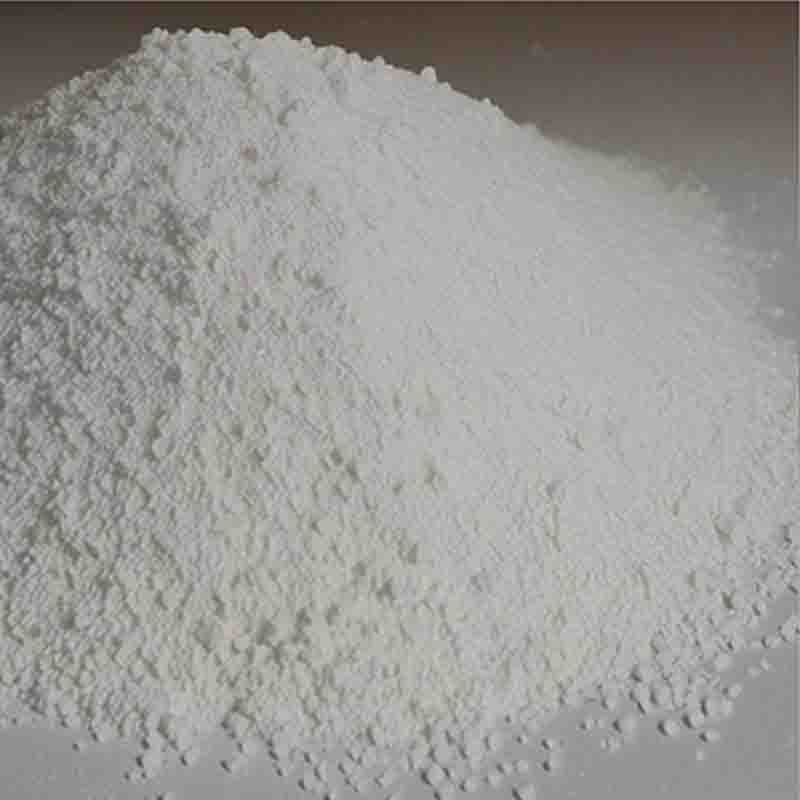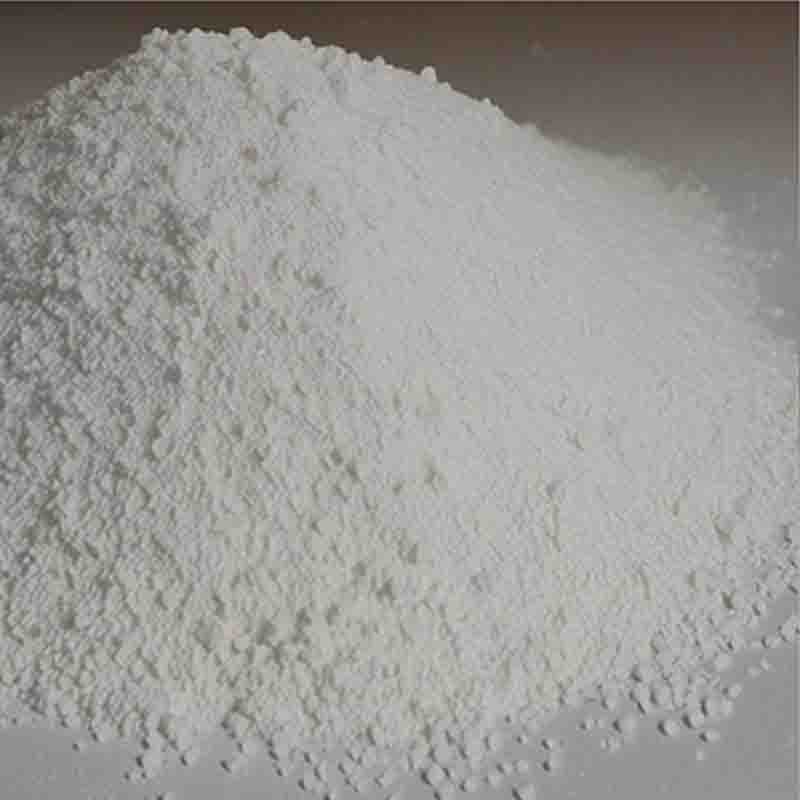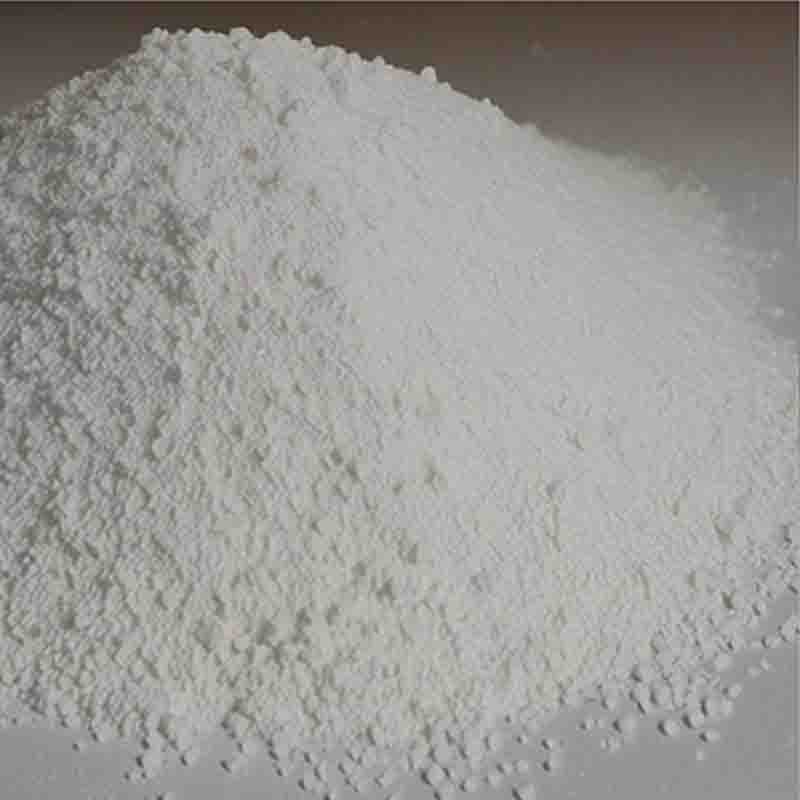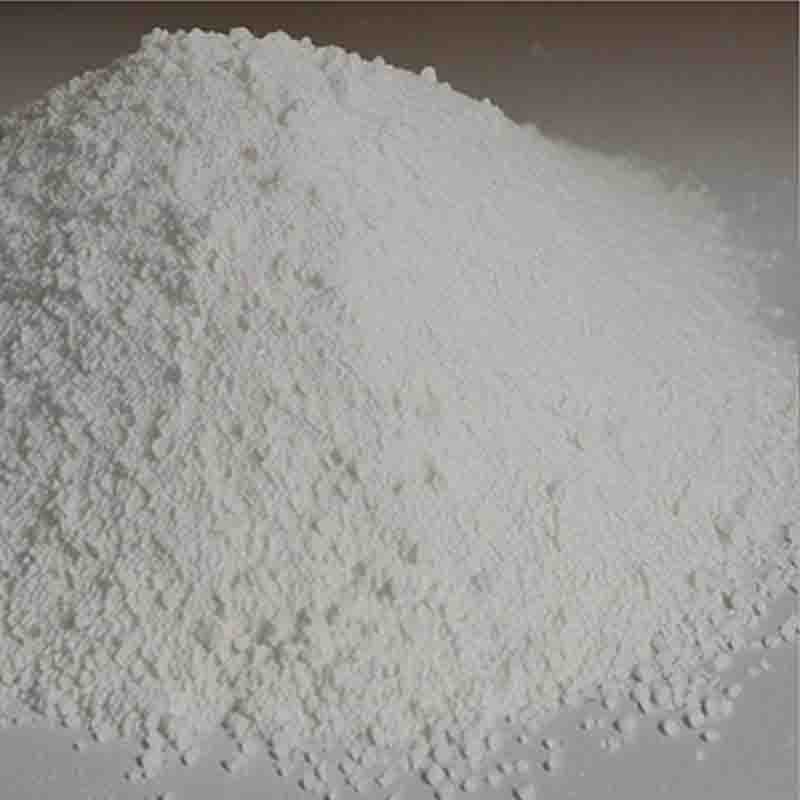Ruthenium(III)chloridehydrate CAS:14898-67-0
| Catalog Number | XD95575 |
| Product Name | Ruthenium(III)chloridehydrate |
| CAS | 14898-67-0 |
| Molecular Formula | Cl3H2ORu |
| Molecular Weight | 225.44 |
| Storage Details | Ambient |
Product Specification
| Appearance | White powder |
| Assay | 99% min |
Ruthenium(III) chloride hydrate, with the chemical formula RuCl3·xH2O, is a compound containing the transition metal ruthenium. This compound exhibits several effects and applications, which we will explore below.One significant effect of ruthenium(III) chloride hydrate is its use as a catalyst in various chemical reactions. Ruthenium-based catalysts have been extensively studied for their ability to promote a wide range of transformations, such as hydrogenation, oxidation, and cross-coupling reactions. Ruthenium(III) chloride hydrate can be used as a precursor to prepare ruthenium catalysts or incorporated directly into catalytic systems. Its catalytic activity and selectivity make it valuable in synthetic chemistry for the production of fine chemicals, pharmaceuticals, and materials.Furthermore, ruthenium(III) chloride hydrate is employed in the synthesis of other ruthenium-containing complexes. By reacting ruthenium(III) chloride hydrate with ligands or reagents, various ruthenium complexes with different structures and properties can be obtained. These complexes often possess unique electronic, optical, and magnetic properties, making them useful in applications such as catalysis, sensing, and electronics.Another notable effect of ruthenium(III) chloride hydrate is its importance in the field of electrochemistry. Ruthenium-based materials are known for their electrochemical properties, high stability, and ability to undergo redox reactions. Ruthenium(III) chloride hydrate can serve as a precursor in the fabrication of ruthenium-based electrodes and catalysts for electrochemical devices, such as fuel cells and supercapacitors. Its utilization in these applications contributes to the development of sustainable energy conversion and energy storage technologies.Moreover, ruthenium(III) chloride hydrate has been investigated for its potential in biomedical applications. Ruthenium complexes, derived from ruthenium(III) chloride hydrate, have exhibited promising anticancer activity. These complexes have been explored as potential candidates for chemotherapy due to their ability to inhibit tumor growth and induce cell death. The unique coordination geometry and reactivity of ruthenium complexes allow for the design and development of targeted anticancer agents.In conclusion, ruthenium(III) chloride hydrate demonstrates diverse effects and applications. Its role as a catalyst, its importance in complex synthesis, and its electrochemical properties highlight its significance in synthetic chemistry, materials science, and energy conversion. Additionally, its potential in biomedical applications showcases its contribution to the development of anticancer agents. Further research and exploration of the properties and applications of ruthenium(III) chloride hydrate can lead to advancements in catalysis, materials science, energy technologies, and medicine.









